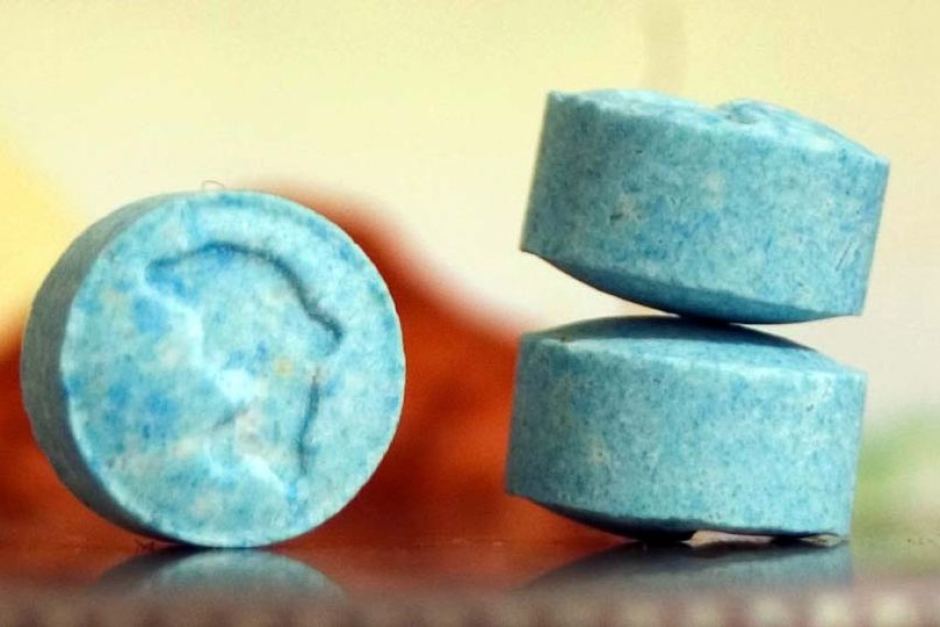Drug Testing Will Give False Hope & Dangerous Message
 Allowing drug use and drug testing is flawed and dangerous, and is primarily being used by drug-friendly groups as a wedge to normalise drug use. It is also ironic that the proposal is being raised at the same time as a majority of New Zealanders have said no to legalising marijuana.
Allowing drug use and drug testing is flawed and dangerous, and is primarily being used by drug-friendly groups as a wedge to normalise drug use. It is also ironic that the proposal is being raised at the same time as a majority of New Zealanders have said no to legalising marijuana.
Pill testing does not – and cannot – guarantee that the drug being taken will not cause any physical or mental harm or death to the individual consumer. It also cannot account for the individual’s physiological response to each drug. Last October, police confirmed that the concertgoers who were hospitalised in a critical condition during the Listen In event at Mt Smart Stadium had consumed MDMA. These drugs would have been given the ‘green light’ by drug testing.
Pill testing cannot test for use of other drugs. Pill testing cannot test for individual allergic-like reactions. Pill testing onsite cannot test for dose. Pill testing is incapable of preventing home deaths. If pill testing is pursued with government approval, the inevitable result will be more people willing to use the substance on the false assumption that they are now safe and publicly acceptable.
Drug-Free Australia has provided research showing that according to the medical literature the accelerating number of Australian deaths from ecstasy are mostly not from overdosing, nor, according to coroners’ reports, are they due to impurities in party pills – but rather from individual reactions to drugs. A group of friends can all ingest the same amount but only one might die. An important study of 392 Australian MDMA-related deaths between 2001 and 2018 found that it was either ecstasy itself, or ecstasy co-consumed with alcohol, cocaine or amphetamines that caused each death. 29% of the deaths were from accidents such as drownings or car accidents caused by ecstasy intoxication. No deaths were from dangerous impurities or contaminants, and no deaths were nominated from other synthetic drugs mixed with MDMA in pills. A majority of deaths were from normal recreational doses of ecstasy, seeing as the science on MDMA indicates that ecstasy overdoses are rare.
A recent study by Western Australia’s Edith Cowan University found that while first time users might be more cautious, prior ecstasy users were only more likely to reduce their harm intentions if the ecstasy contained a toxic contaminant, not if the test revealed a high dose or an inconclusive result. The researchers said that this finding is important because some of the recent ecstasy-related deaths at music festivals in Australia which have been linked to high doses of ecstasy. Additionally, if the participant was a prior ecstasy user who was also high in sensation seeking, then they were at the greatest risk of harm, even after participating in the pill test.
At the same time as we encourage and adopt alcohol-free and smoke-free public events, having drug-free orientation weeks is a health and safety approach based on best practice. Testing won’t protect users because there is no such thing as a completely safe drug.
Pill testing will be seen by many younger people especially as a clear endorsement of drug use. It sends a message that illicit drugs are acceptable and can be ‘safe’, and will worsen harmful drug use, so that more lives will be put at risk with the belief that the drug they are taking is somehow ‘safe’.
Pill testing sounds well-intentioned, but behind the smokescreen is simply another ‘facilitated’ ill-informed decision to consume illicit drugs. Festival goers should enjoy the music and stop playing Russian roulette with drugs and with their lives.






